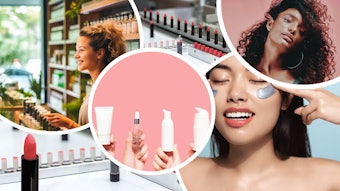
PETA, Cruelty Free Europe and other organizations are accusing the EU's General Court of the European Court of Justice of rendering U.K. and European cosmetics animal testing bans as virtually meaningless.
The organizations' outcry stems from Symrise's recent unsuccessful petition to avoid animal testing for two sunscreen materials, homosalate and 2-ethylhexyl salicylate. (Read the decision here.)
In effect, the groups argue, the court has rendered Europe's REACH chemical laws as superior to U.K. and EU animal testing bans.
Cruelty Free Europe noted, "The General Court has ruled that tests on animals for cosmetics ingredients have to be carried out under REACH where there are no accepted non-animal options, as the European Chemicals Agency (ECHA) often claims is the position. However, the Cosmetics Regulation bans apply whether there are approved non-animal approaches or not."
The group argues that REACH's own language requires that "cosmetics bans should take precedence."
Cruelty Free Europe's director of science and regulatory affairs, Emma Grange, Ph.D., said: “This decision is a huge backwards step in our fight to stop animals suffering and dying in the name of beauty. The existing bans, which have been in place in the U.K. for 25 years and European Union for two decades, are now virtually meaningless, as this case will set a damaging precedent in toxicity testing for cosmetics ingredients, even if they have been approved as safe for use for many years."
Furthermore, PETA stated, "We condemn the Court of Justice of the European Union for ignoring the purpose of the cosmetics animal testing ban, which was to ensure that only superior, non-animal methods are used to assess the safety of cosmetics."










